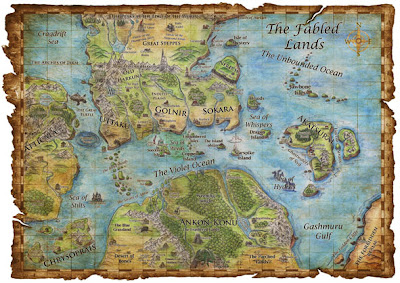
(The same rank two magic user can also cast a rank three spell but will trigger an automatic mishap.) Using the spell’s listed ingredient can also increase the power level of the spell without you having to spend a WP, and thus without having to roll the extra die that comes with each WP spent. So a rank two magic user can make a rank one spell work without rolling the die at all, as long as they spend the WP and don’t want to increase the power of the spell. Spells are ranked just like your magic talent, and for every rank your talent is, above the rank of the spell, you need roll one less die. Such risks might make you nervous to use magic, but there are ways of minimizing the risk. Between those two extreme the unintended consequences range from simply feeling hungry or thirsty to the spell doing the opposite of your intention, so for example, your healing spell inflicts further damage. As they say “Time to make another character”. There is also a one in thirty six chance that your character opens a rift to another dimension, and a demon pulls them over through. It might (one in twelve chance) simply be that someone is impressed by the spell and the caster’s reputation increases by one step. The caster must roll d66 to find out what. There is an eight in nine chance that spell still works as intended, the party member still recovers two (or three) strength points, but something else happens. Hooray! But if they get any ones, a mishap occurs. They will not fail, but if they get one or more sixes, the power level of the spell goes up for every six they get: no sixes, the power level equals the 2 WP they spent and the party member recovers two strength points one six, and the party member recovers three strength points. So if, for example, they choose to spend two WP, to heal a couple of points of damage of another party-members strength, they will roll two d6. For every WP a caster spends they must roll a base dice.

The second potential cost is a lot less predictable. Also this may be an issue during the very first session, when a player may want to cast a spell before earning any WP, but I believe players will only very rarely finish a session with no WP to carry forward to the next. But while it may not be “realistic”, or indeed conform to fantasy literature tropes, it works for me narratively – the magic generally comes out after a bit of hardship, and pretty much always involves a bit of sacrifice. Some people following the development of the game have expressed concern about this, feeling that magic users must effectively injure themselves before casting spells, and suggesting there are few examples of this in the literature.

Which means that every WP comes at a cost of temporary damage to your attributes. A night’s rest will restore your attribute damage (as long as you are not hungry, thirsty or cold) but you can keep up to ten WP until you spend them, even between sessions. You earn WP by pushing rolls and scoring 1 on your base dice. The predictable one is Willpower Points (WP) – you must spend at least one Willpower Point to cast a spell, and you can spend more to make it more powerful. Magic user’s spells always succeed, the only question is, at what cost? That is not a problem I have with Magic in Forbidden Lands. Philosophically then, I have a problem with any RPG magic system where failure = no effect.

Magic users, in any system, change reality by force of will.


 0 kommentar(er)
0 kommentar(er)
